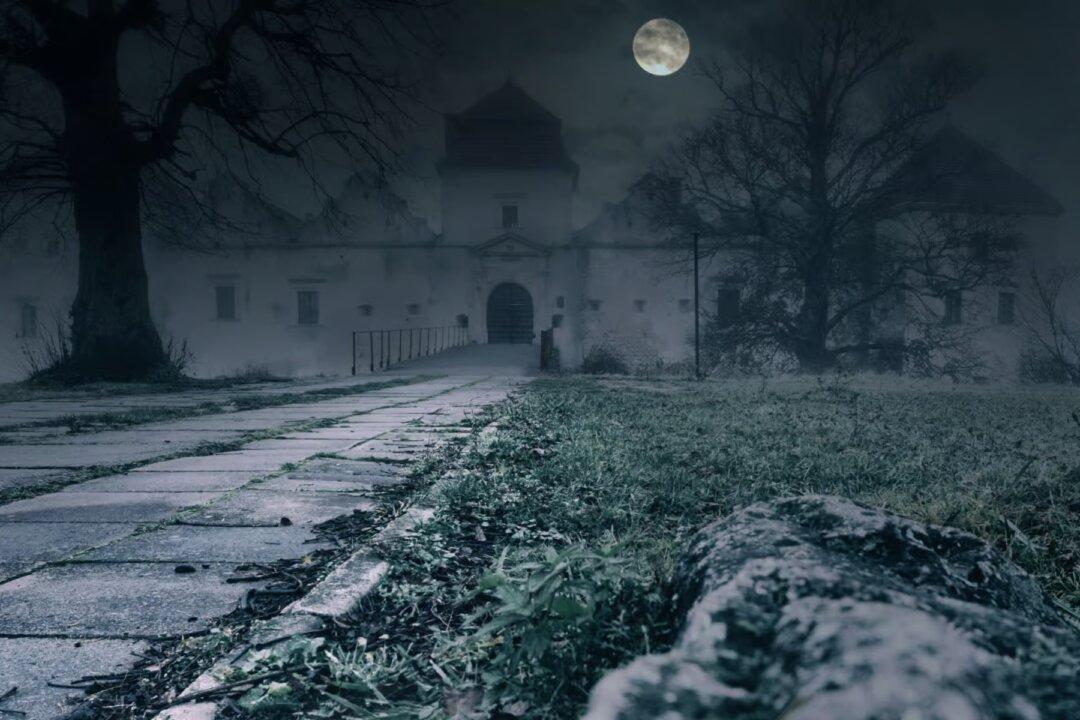Commentary
Two years ago, attorney and Brownstone fellow Bobbie Anne Flower Cox took note of the New York state executive order to permit the building and use of quarantine camps. The litigation against it is still in process. We might have supposed it was an outlying case. That, sadly, is not true.





